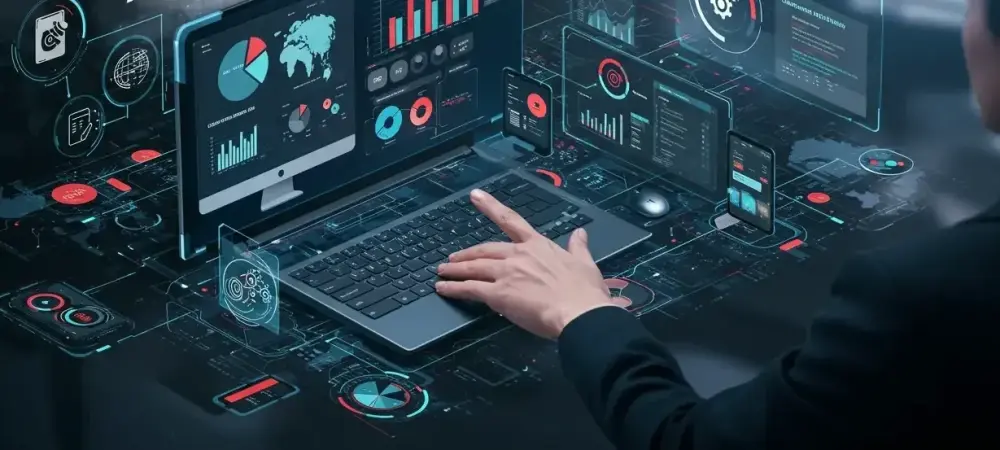The current landscape of the hotel CRM industry underscores its critical role in enhancing guest experiences and profitability. Major segments include boutique establishments, large enterprise chains, and resort properties, each with distinct requirements and operational challenges. Technological advancements, such as AI-driven analytics and automation, shape the industry’s evolution. Leading market players continuously innovate to offer scalable and flexible solutions tailored to diverse property types. Additionally, compliance with data protection regulations remains a significant industry factor, ensuring guest data security and privacy.
Key Trends and Market Dynamics
Emerging Trends and Technologies
Technological innovation reshapes the CRM landscape, introducing advanced capabilities like AI for personalized guest interactions. As consumer expectations evolve, hotels must leverage systems that offer seamless communication, data-driven insights, and personalized marketing. The shift towards mobile-centric engagement and real-time service delivery also drives CRM technology advancements, enabling hotels to cater to tech-savvy travelers effectively.
Market Data and Growth Projections
Market performance reveals a robust demand for CRM solutions, with growth indicators pointing to continued expansion. Investments in technology and data analytics are set to increase, driven by the need for efficient guest management and competitive differentiation. Forecast data suggests that CRM systems will continue to evolve, integrating more sophisticated artificial intelligence features and expanding their scope to enhance guest experiences further.
Challenges and Complexities
Adopting CRM systems in the hotel industry is fraught with challenges. From technological hurdles, such as integration complexity and data management, to regulatory compliance and market fragmentation, hotels must navigate various obstacles. Solutions include adopting platforms with open APIs for better integration, investing in scalable systems to grow operations, and prioritizing data accuracy for effective marketing. Hotels must also consider the importance of internal training to ensure successful CRM deployment.
Regulatory Landscape
Compliance with data protection and privacy laws significantly influences CRM adoption in hotels. Regulations such as GDPR mandate strict standards for data handling and security. Hotels must ensure their CRM systems incorporate robust encryption and access controls to protect guest data. Compliance not only safeguards against legal repercussions but also builds guest trust, essential for fostering long-term loyalty.
Future Directions and Opportunities
The hotel CRM industry is poised for continued innovation and growth. Emerging technologies like AI and machine learning offer opportunities to enhance personalization and operational efficiency. Hotels may see disruptors introducing new models for guest engagement, shifting preferences toward more immersive and seamless experiences. Emphasizing sustainability and eco-friendly solutions will also drive future CRM developments as consumers increasingly value environmental responsibility.
Conclusion and Recommendations
This report highlights the importance of selecting a CRM system aligned with a hotel’s unique needs. As the industry evolves, understanding property-specific requirements and technological advancements will guide informed investments. Hotel decision-makers should prioritize solutions with flexible integration capabilities, data management efficiencies, and AI-driven insights. By investing wisely in CRM systems, hotels can effectively navigate industry challenges, optimize guest experiences, and secure sustainable growth.

